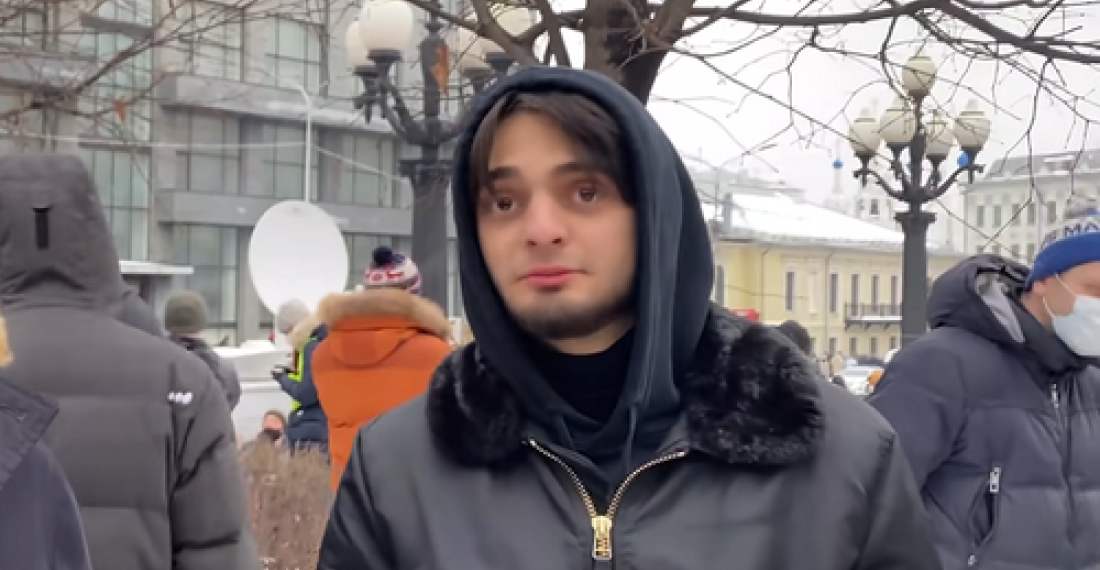As Russia braces itself for another day of pro Navalny street protests on Sunday, the story of a young Chechen arrested for participating in last week's protests has caused uproar on social media and has become a source of controversy in his home republic, Chechnya.
Said-Mukhammad Djumaev, a native of Chechnya, was arrested after a rally in support of opposition personality Alexei Navalny in Moscow and accused of using violence against officials. A trial will be held soon and Djumaev will be defended by the well known lawyer, Murad Musaev.
Back in the Chechen capital Grozny, Djumaev's relatives met with the Speaker of the Chechen Parliament, Magomed Daudov to ask for his help.
Daudov told the relatives that since a Chechen cannot support Alexei Navalny, he must have been there by mistake. According to Daudov, the Chechen student was probably specially brought to the rally and made famous by certain political forces.
For his part, Said-Mukhammad Djumaev has become a hero on social networks. Djumaev's classmates describe the young Chechen student as kind and non-aggressive.
In the meantime pro Navalny demonstrations are expected again in different parts of Russia on Sunday (31 January) as Russians of all nationalities call for his release from prison.






